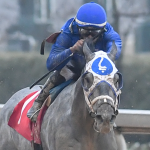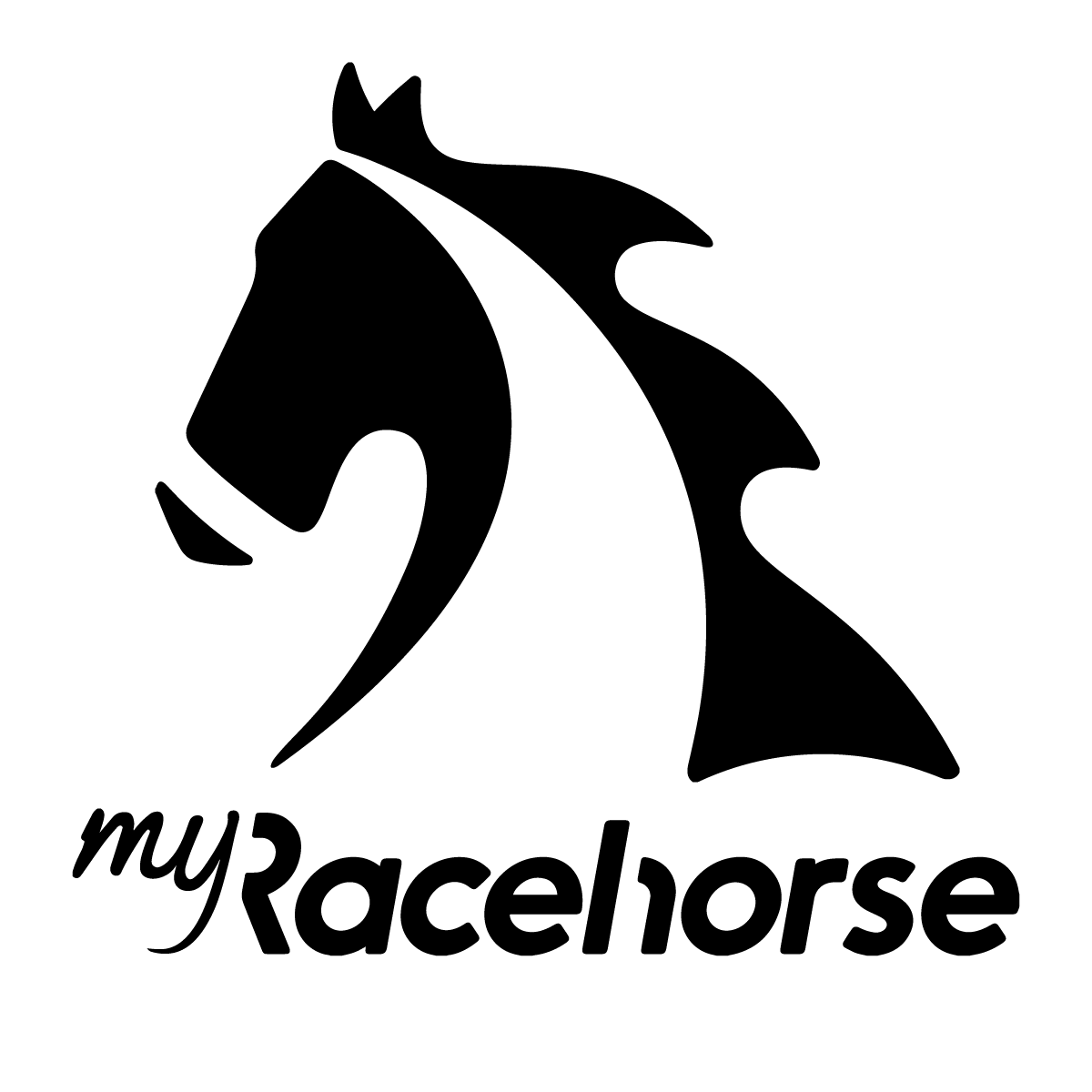
Preakness Quick Sheet: Get to Know the 2021 Preakness Horses

One seemingly small action can be a catalyst for greater change. Take Abijah's on the Backside, a fledgling aftercare and therapy organization based within the walls of Canterbury Park's shed rows that is fueled by a desire to help retired racehorses recover and transition, with an equal emphasis on helping humans do the same.
Abijah's Off Track Thoroughbreds for Mental Health founder Sally Mixon, a professional counselor and exercise rider, felt the pressing need to incorporate horses with treatment when she saw the positive effect they had on patients. Thus, three years ago, Abijah's, the namesake for Mixon's first horse that means "The Lord is my Father," was born.
"Everywhere I went, if I chose to work with people, God would bring me horses. My faith is a huge part in why I do this," Mixon said. "I ended up in southeast Oklahoma and I met Jeff Lukas, who became a really good friend.
"He trained Winning Colors. He had a TBI (traumatic brain injury), and I would sit in his home and her roses and bridle would be behind us as we sat on the sofa, and we would just talk about life and racing. He could remember every detail of racing, and to see him light up about it, he would change."
Mixon, a daughter of a Marine who grew up riding, says horses helped bring her back from a life-threatening eating disorder. She was working as a drug counselor for violent offenders and mentioned her friendship with Lukas helped her to know she needed to find a way to get to the racetrack. Her first hurdle would be gaining acceptance into the tight-knit community.
"I needed to become part of the industry because I wasn't being taken seriously. I got into the stable area at Canterbury, and I got myself a job. I started galloping Thoroughbreds," she said. "I fell off a handful of times, it's part of the game, I have screws in my knee. Through that process I started doing sessions and working specifically with off track Thoroughbreds doing this work."
Because of her upbringing, making sure Abijah's offered virtually free treatment for veterans and first responders was very close to Mixon's heart, though they were certainly not the only groups she wanted to serve. She says the organization now treats any number of individuals who can be found on the backside, including jockeys, grooms, exercise riders, and trainers.
.jpg?itok=VxuNE26T)
"We're using retired Thoroughbreds. A couple of them cannot be ridden and their value is completely depleted from a racing industry standpoint, and now, they're saving lives. That's another part of what we're doing," Mixon said. "The hope and goal is to bring Abijah's to every major racetrack across the country. As this one grows and we figure out what works and doesn't work, then go to another track."
Though Canterbury is in talks to build Abijah its very own facility, the program's handful of horses are stabled in the backside barns amongst the others who are actively in training and have access to a small paddock where they are taken out daily for sessions. The organization uses a unique approach to treatment where they rely on the horses to read emotions.
"The model we use is called ARCH, arenas for change, and it's all based on a story. What happens in the sessions is that these horses are so intuitive they pick up on what's going on inside of us, and they actually play that out."
Mixon recalled a groom who came to get treatment. She says he set a red bucket out in the paddock and said, 'That's my addiction.' ''
The horse in the paddock, a 7-year-old mare named Dangerous Wave, began to run around the bucket. She stuck her nose into it and snorted, then repeated the process several times. The last time around, she kicked the bucket out of the paddock.
"The groom looked at us and he had tears in his eyes. He said, 'That's what I need to do, I need to be like her.' Now that horse became him metaphorically," Mixon said. "He started to get to know, 'What are qualities of this character that maybe are lacking that we need to build up?' He started naming those.
"Long story short, I've seen him since then, it's been a couple years now, but he's flourishing. He's doing amazing. It's because this model gets us out of our head, into our body, and we remember — how we're wired as humans — things when it's an experience because our senses are stimulated. Now you take trauma, addiction, and you combat that with another experience in therapy, and you remember it. It's (able to happen) because of the racing industry, which is freaking awesome."

Please fill out the form below to request information about race horse ownership.